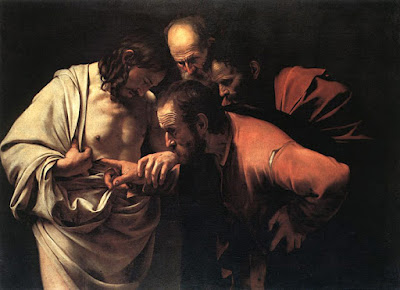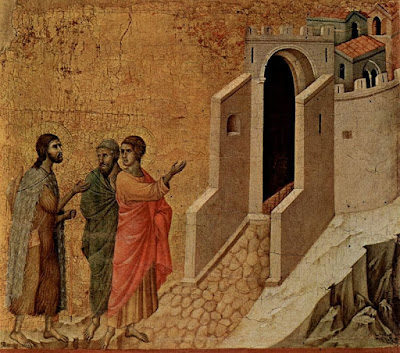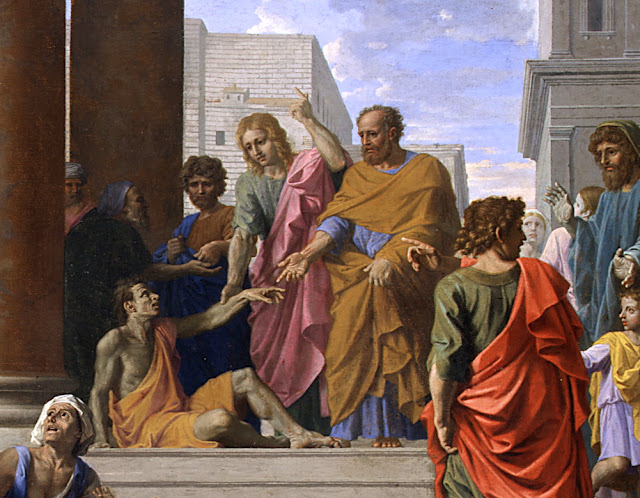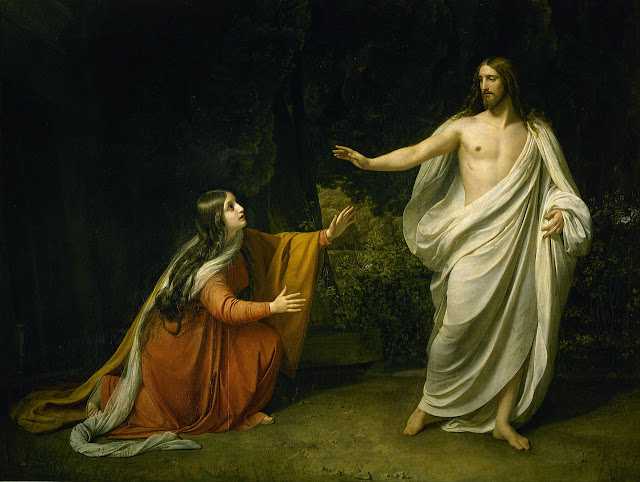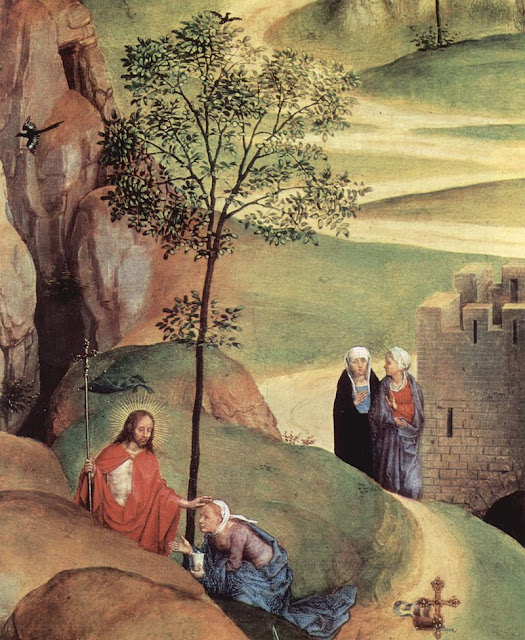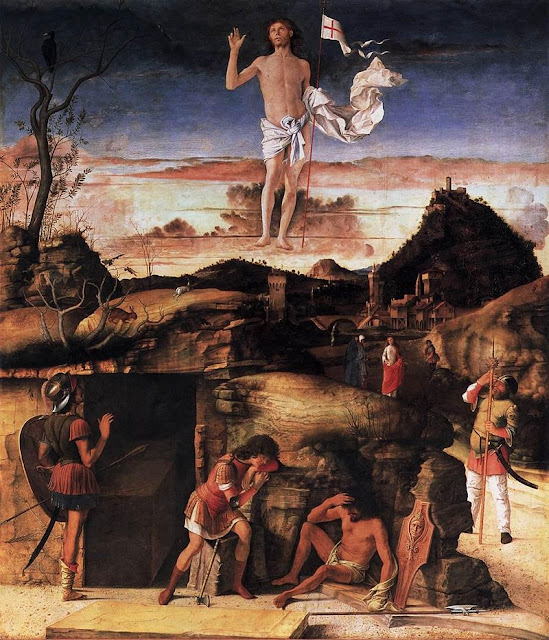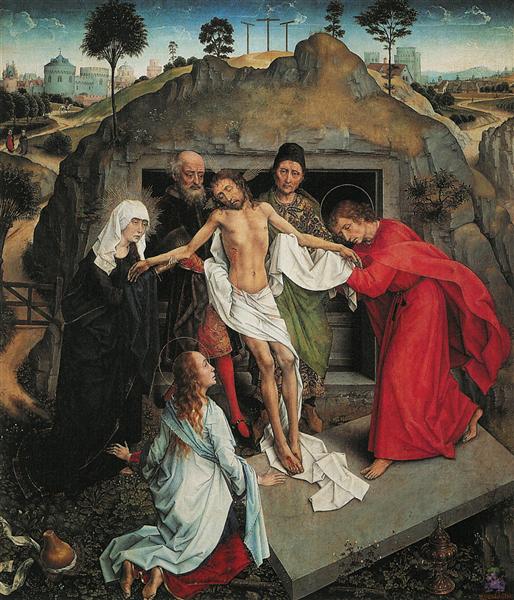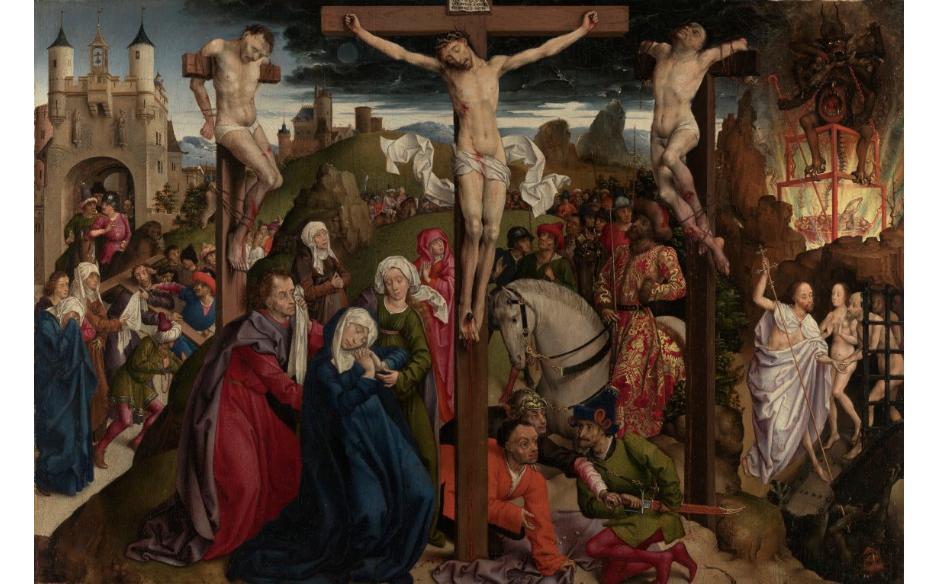People of One Heart and Mind
The portrait painted about the early Church by St. Luke in the Acts of the Apostles was one that expressed unity and communion. We are told that "the community of believers was of one heart and mind" (Acts 4:32). Then we are given a description of how they had put that "one heart and mind" into action - by sharing their time, talent, and treasure. They were able to do so because they had one mission and were One in the Father. Are we a people of one heart and one mind? This means do we have God in our hearts? Do we root our identity and all that we do in the Father and His love? Then we must ask do we see our mission as one. The mission Jesus gave to His disciples was to proclaim the Good News to all nations and creatures. This Good News is the Resurrection. This Good News is the hope of eternal life. This Good News is the ransom paid for our freedom from slavery to sin. This Good News is the love of the Father. To carry out this mission in proclaimi
